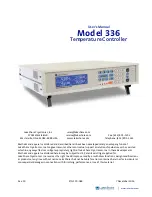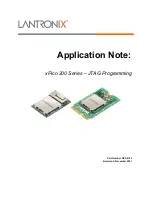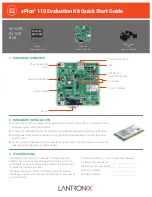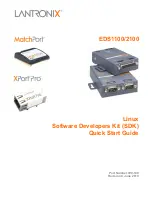
GEM80-400
4. Communications
Issue 3 04/99
ALSPA GEM 80-400 SERIES CONTROLLERS TECHNICAL MANUAL
Page 4-13
terminal or VDU terminal. It performs the functions of auto-echoing and line
editing without the need for user programming.
The terminal is expected to have the following characteristics (ASCII character
names are shown in parentheses):
(1)
Pressing the carriage-return key generates @0D (CR).
(2)
Pressing the Delete/Rub out key generates @7F (DEL).
(3)
Receipt of @0D, @0A (CR, LF) moves the cursor to the left-hand
edge of the screen on the next line, scrolling the display if on the
last line of the screen.
(4)
Receipt of @00 (NUL) performs no action.
(5)
Receipt of @07 (BEL) sounds an audible alarm.
(6)
Receipt of @08 (BS) moves the cursor one character position to the
left.
(7)
Receipt of @20 (SP) blanks out the current display position.
(8)
Receipt of @1A (SUB) displays a non-blank character.
As for direct mode, the port has an input cyclic buffer and an output cyclic
buffer. Data can be written to the output buffer, and read from the input buffer,
by means of GEM
80 Special Functions. This is the only way to access these
buffers from the GEM
80 Ladder Diagram User Program.
However, the input channel has a separate input line buffer in addition to the
input cyclic buffer. All received characters are initially stored in the line buffer.
They are only transferred to the input cyclic buffer when a @0D (CR) is received
and, until this happens, cannot be read by the controller.
As characters are received into the line buffer, they are echoed back to the
VDU via the output channel and are displayed on the VDU screen, with the
following exceptions:
1.
Any non-printing character other than CR, DEL, XON or XOFF is
discarded (not loaded into the line buffer) and echoed as BEL
.
2.
XOFF is discarded, and causes output (including echoing) to be
suspended.
3.
XON is discarded, and causes output suspended by XOFF to resume.
4.
DEL is discarded, and causes the previous character loaded into the
line buffer to be removed. It is normally echoed as BS, SP, BS.
However, if the line buffer is already empty, BEL is echoed.
5.
CR is echoed as CR, LF, plus the user-defined quantity of NUL
characters. It is stored in the line buffer as an end-of-line marker
(@0A). Once this has been done, the contents of the line buffer are
transferred to the input cyclic buffer and the line buffer is then
cleared
6.
Any character other than CR which would cause the line buffer to
contain as many characters as the user-programmed line length is
discarded and echoed as BEL.
7.
When parity is enabled, any character received with a parity error is
















































